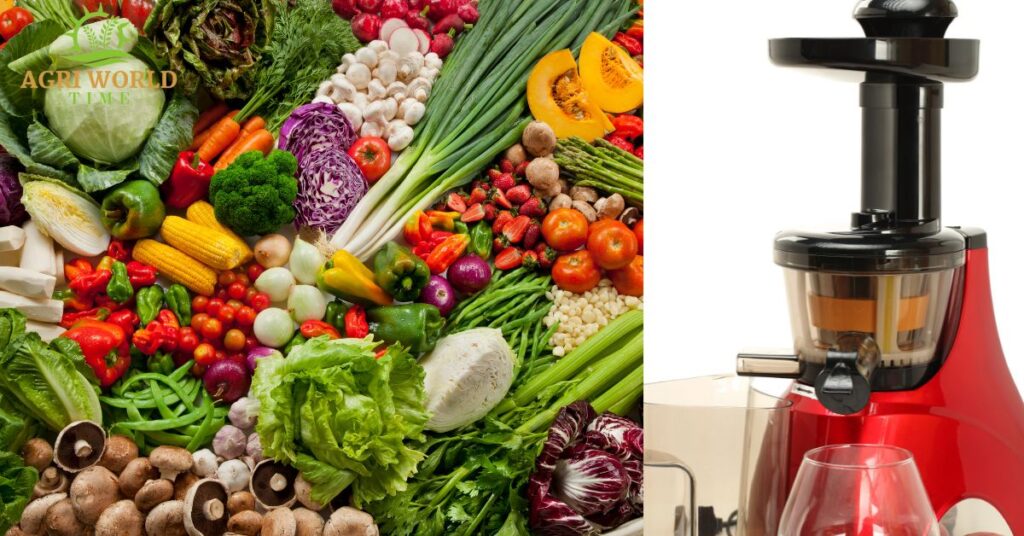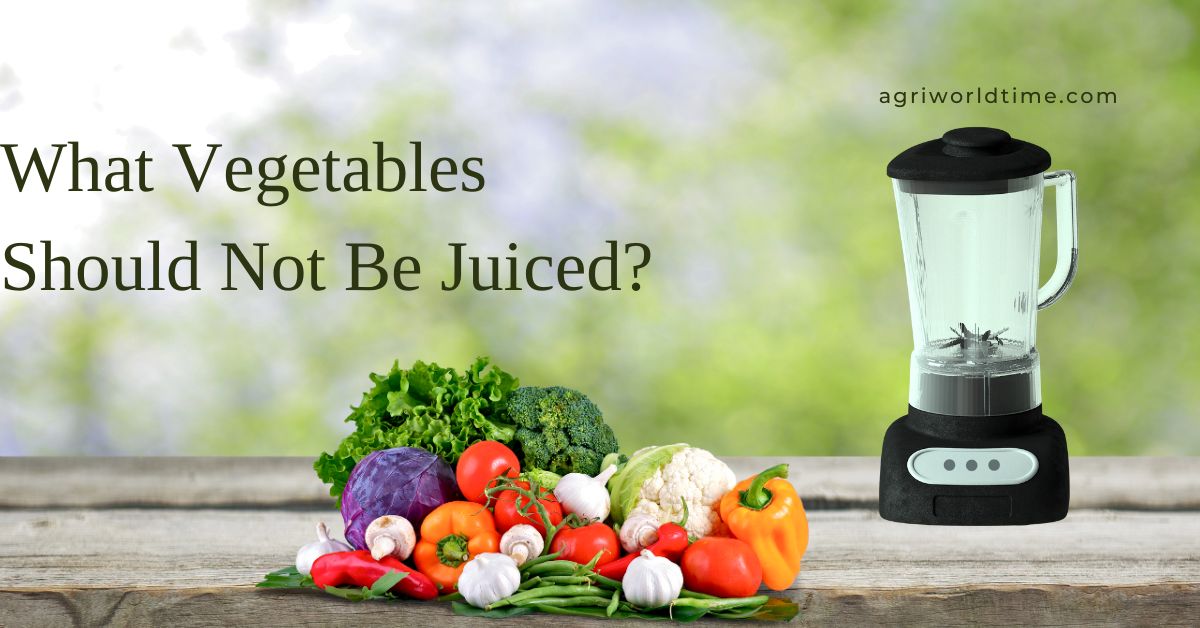In today’s health-conscious world, juicing has become a popular trend for those seeking to boost their nutrient intake and lead a healthier lifestyle. Juicing vegetables can be an excellent way to increase your daily intake of vitamins and minerals, but not all vegetables are suitable for juicing. This comprehensive guide will explore the dos and don’ts of juicing vegetables and highlight the vegetables you should avoid when preparing fresh juices.
Table of Contents
- Introduction
- The Benefits of Vegetable Juicing
- The Importance of Choosing the Right Vegetables
- Vegetables to Include in Your Juices
4.1. Leafy Greens
4.2. Carrots
4.3. Cucumbers
4.4. Celery
4.5. Beets
4.6. Bell Peppers
4.7. Tomatoes
- Vegetables to Avoid Juicing
5.1. Potatoes
5.2. Onions
5.3. Eggplants
5.4. Turnips
5.5. Avocado
- The Impact of Sugary Vegetables
- How to Prepare Vegetables for Juicing
- Tips for a Balanced Vegetable Juice
- Common Mistakes to Avoid
- Conclusion
- FAQs
Introduction
Juicing vegetables is an excellent way to consume a concentrated dose of vitamins and minerals in a single glass. However, not all vegetables are suitable for juicing. Understanding which vegetables to include and which ones to avoid can significantly affect the taste and nutritional value of your juice. As evidence of the growing interest in juicing, a report by Mordor Intelligence predicts that the global juice market, encompassing vegetable juices, is poised to expand at a robust Compound Annual Growth Rate (CAGR) of 7.3% from 2023 to 2028. This statistic underscores the increasing popularity of juicing as a health-conscious choice.

The Benefits of Vegetable Juicing
Before we delve into the “don’ts” of vegetable juicing, let’s explore the numerous benefits of incorporating fresh vegetable juices into your diet. Juicing can:
· Provide a convenient way to consume more vegetables.
· Boost your daily nutrient intake.
· Improve digestion and gut health.
· Enhance your skin’s complexion.
· Aid in weight management.
· Increase your energy levels.
The Importance of Choosing the Right Vegetables
Selecting the suitable vegetables for juicing is crucial. The goal is to create a nutrient-packed drink without compromising on taste. While some vegetables are juicing superstars, others can produce bitter or unpalatable concoctions. Let’s look at the vegetables you should include in your juices.
Vegetables to Include in Your Juices
Leafy Greens
Leafy greens such as spinach, kale, and Swiss chard are rich in vitamins A, C, and K, as well as minerals like iron and calcium. They add a refreshing, earthy flavor to your juice.
Carrots
Carrots are a popular choice for juicing. They are known for their high beta-carotene content, essential for healthy vision and skin.
Cucumbers
Cucumbers are hydrating and provide a mild, refreshing taste to your juice. They are also rich in antioxidants.
Celery
Celery is low in calories and adds a satisfying crunch to your juice. It’s a source of potassium and vitamin K.
Beets
Beets are packed with antioxidants and can add a delightful earthy sweetness to your juice. They are also known to support blood circulation.
Bell Peppers
Bell peppers are an excellent source of vitamin C and add a mild, slightly sweet flavor to your juice.
Tomatoes
Tomatoes are rich in lycopene, a powerful antioxidant. They can give your juice a tangy twist.
Vegetables to Avoid Juicing
While many vegetables are juicing-friendly, some are best left out of your juicer. Here are vegetables you should avoid juicing:
Potatoes
Potatoes contain starch, which can make your juice thick and gloopy. They are better suited for cooking.
Onions
Onions have a pungent flavor that can overpower your juice and make it unpalatable.
Eggplants
Eggplants can be bitter when juiced, affecting the overall taste of your beverage.
Turnips
Turnips have a strong, peppery flavor that may not blend well with other ingredients in your juice.
Avocado
Avocado is high in healthy fats, but it doesn’t juice well. It’s best enjoyed in salads or spreads.
The Impact of Sugary Vegetables
While natural sugars in vegetables like carrots and beets can add sweetness to your juice, it’s essential to be mindful of the overall sugar content. Excessive sugar intake can lead to blood sugar spikes. Balance your juice with non-sugary vegetables and herbs like parsley or cilantro.
How to Prepare Vegetables for Juicing
To get the best results from your vegetable juicing, follow these preparation tips:
· Wash all vegetables thoroughly.
· Remove any inedible parts, such as stems or tough peels.
· Cut vegetables into manageable pieces for your juicer.
Tips for a Balanced Vegetable Juice
Create a balanced vegetable juice by combining different types of vegetables to ensure a variety of nutrients. Remember to include some leafy greens for their nutritional value.
Common Mistakes to Avoid
As you embark on your juicing journey, steer clear of these common mistakes:
· Juicing only fruits (high in sugar).
· Neglecting vegetables due to their taste.
· Using too many sweet vegetables.
· Not cleaning your juicer properly.
Conclusion
In conclusion, juicing vegetables can be a fantastic way to boost your health. Still, it’s essential to choose your ingredients wisely. Avoid juicing vegetables like potatoes, onions, eggplants, turnips, and avocados, as they may not yield the desired results. Following the tips and guidelines, you can create delicious and nutritious vegetable juices that support your well-being.
FAQs
Can I juice vegetables with fruit?
Yes, you can, but be mindful of the sugar content. Opt for more vegetables than fruits to keep sugar levels in check.
Is it necessary to peel vegetables before juicing?
Only sometimes. Some vegetables, like carrots and cucumbers, can be juiced with their peels. However, be sure to wash them thoroughly.
Can I store vegetable juice for later consumption?
Freshly prepared juice is best consumed immediately to preserve its nutritional value. If you need to keep it, use an airtight container in the refrigerator for up to 24 hours.
Are there any vegetables that are toxic when juiced?
While most vegetables are safe for juicing, some may be toxic if consumed excessively. Always use a variety of vegetables in moderation.

